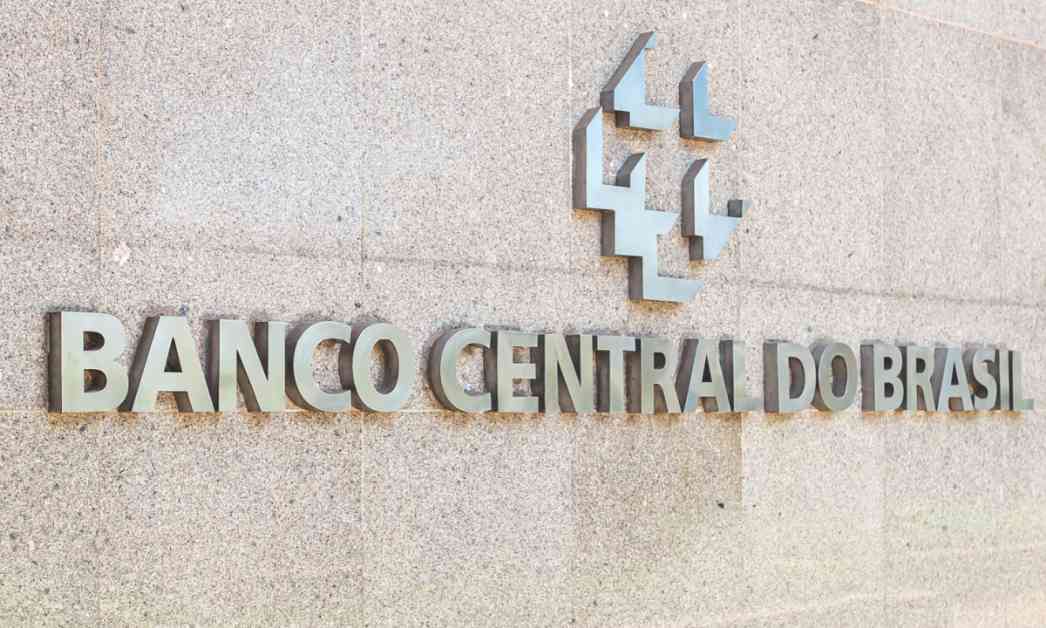Brazilian Government Considers Banning Stablecoin Withdrawals to Self-Custodial Wallets
In a bold move to regulate the cryptocurrency industry, the Central Bank of Brazil is considering banning stablecoin withdrawals to self-custodial wallets. This regulatory proposal aims to prevent centralized exchanges from allowing their users to transfer stablecoins between residents via self-custodial wallets. The potential ban is part of the government’s efforts to adapt the financial system to the rise of digital assets while ensuring the integrity of international capital flows.
Background and Regulatory Proposal
According to a report by CryptoSlate, the Central Bank of Brazil is conducting a public consultation on its regulatory proposal, which will be open until February 28. The proposed restrictions on stablecoin transfers are intended to align with Brazilian laws governing payments in foreign currencies. The BCB emphasized that this initiative reflects its commitment to regulating digital assets effectively while preventing any misuse that could threaten the financial system’s stability.
Government’s Perspective and Future Plans
The BCB, responsible for overseeing Brazil’s crypto industry under a crypto regulation bill passed in December 2022, is gearing up to introduce regulations for stablecoins and asset tokenization in 2025. This move comes in response to the increasing popularity of stablecoins and tokenized assets in Brazil, driven partially by concerns related to tax evasion and illicit activities. The central bank’s governor, Roberto Campos Neto, underscored the need for stringent regulations to address the growing prominence of digital assets in the country’s financial ecosystem.
Industry Response and Recent Developments
The crypto regulation bill enacted in 2022 legalized the use of cryptocurrencies as a payment method in Brazil, created new regulations to combat fraud involving virtual assets, and mandated licensing requirements for virtual service providers. These measures were implemented following calls from crypto advocates for increased oversight, particularly after the collapse of the cryptocurrency exchange FTX. Furthermore, prominent players in the industry, such as Mercado Libre and Circle, have made significant strides in Brazil by launching U.S. dollar-pegged stablecoins and expanding their operations to cater to the country’s growing crypto market.
As Brazil navigates the complexities of regulating digital assets, the outcome of the Central Bank’s proposal to ban stablecoin withdrawals to self-custodial wallets will undoubtedly shape the future of the cryptocurrency industry in the country. Stay tuned for updates on this evolving regulatory landscape as Brazil adapts to the transformative power of blockchain technology and digital currencies.
The journalist recalls their own experience navigating the world of cryptocurrencies, remembering the excitement and uncertainty that came with venturing into this innovative space. From setting up their first crypto wallet to making their initial investment, they understand the thrill and apprehension that many individuals face when exploring this new frontier. As they delve into the intricacies of Brazil’s regulatory efforts, the journalist empathizes with readers who may be grappling with similar challenges and uncertainties in the ever-evolving world of digital assets. Through their reporting, the journalist hopes to shed light on the complexities of crypto regulation while offering insights and perspectives that resonate with both seasoned enthusiasts and newcomers to the crypto sphere.
